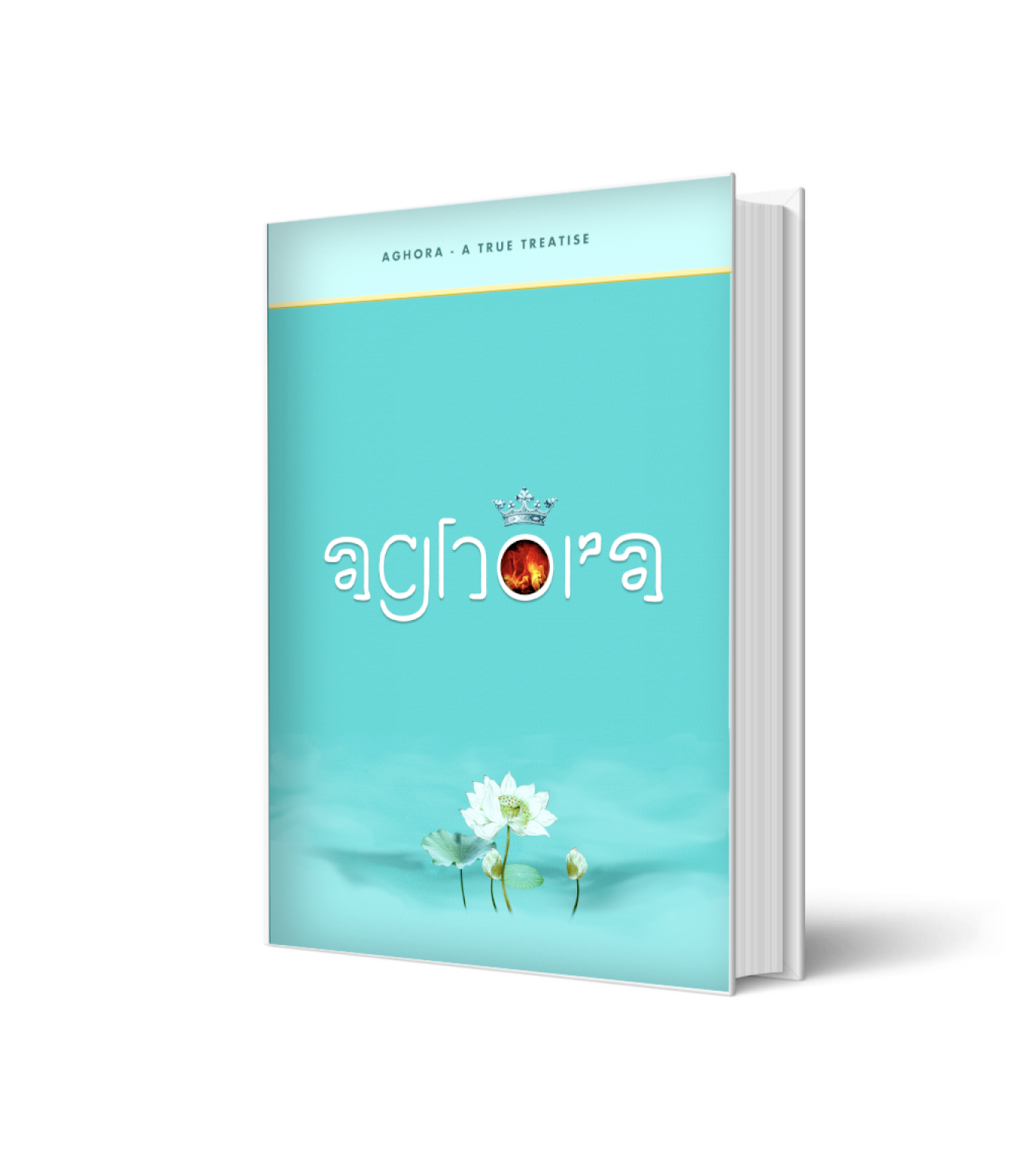Do you know how a western (un-initiated) perspective destroyed our sacred heritage?
TG Griffith's Vedas - A distortion of Epic proportions
In his translation of the Ṛgveda, T.H. Griffith wrote confidently to mean Indra “ate oxen”, not once but repeatedly in so many places, that it got etched in history, it is codified in “print” and by this time, countless have taken it as truth. The method of translation is certainly not the scriptural fact.
Griffith translates Ṛgveda 10.86.14 as:
“The worshippers dress for me fifteen (and) twenty bulls; I eat them and (become) fat.”
In similar way, profound tantric words were reduced in their meaning to an extent that it dragged the vedic and tantric systems to moral panic and condemnation. What was lost in translation is not due to the shortcoming of English as a language (as assumed by many), it is just the mind of an uninitiated translator who can only see the literal.
Robert Svoboda's Aghora Trilogy - A gross misrepresentation
In the 1990s, Robert Svoboda’s “Aghora trilogy” introduced the English-speaking world to Aghora, wrapping it in mystique and thrill. But in doing so, something critical was lost, the soul of Aghora itself. The profound philosophy that forms its backbone was buried beneath layers of shock and spectacle.
The book thrived on the exotic, dangerous, and the forbidden, reinforcing the Western gaze that sees Aghora as nothing more than a cult of transgression. And here’s the real tragedy: even in Bhārata, many of us got swept away by this sensationalism.
We took the trilogy to be the definition of Aghora. We let a single narrative dictate our understanding, reducing one of the most profound spiritual paths into a spectacle of skulls and cremation grounds.
Do you see the damage?
The trilogy barely touches the scriptural foundations of Aghora. There is no structured discussion of its history, no effort to present it as a legitimate spiritual path. Instead, it reads like a personal memoir, entertaining, yes, but misleading. Worse, it subtly implants a dangerous idea: Aghora is not for you. It is not a path.
And we believed it.
For decades, this version of Aghora has shaped public perception, leaving seekers with no real guidance, or access to the deeper wisdom that lies at its heart.




















